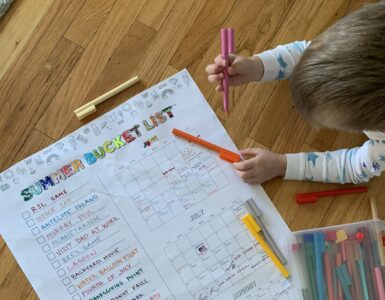Our homes are full of holiday decorations and even food that could be
harmful to young children. Marty Malheiro, with the University of Utah Poison
Control Center, has a list of holiday hazards to watch out for.
TOXIC DECORATIONS
· Mistletoe and holly berries may be poisonous if swallowed.
· Lamp oils are colorful and attractive to children, but they are extremely
toxic.
· Tinsel/icicles are non‐toxic, but may cause airway or bowel
obstruction.
Old tinsel may contain lead.
· Glass ornaments are easily broken and can be swallowed and may cause
lacerations.
· Fireplace color crystals are metallic chemicals that can cause burns.
· Poinsettia has a bad reputation, but it is NOT highly poisonous. It may
cause varying degrees of irritation to the mouth and stomach.
· Bubble lights are filled with alcohol or other solvent. They can cause eye
or skin irritation or nausea. Beware of broken glass if a child bites into a
bulb.
FOOD AND DRINK SAFETY
· Thaw turkey, roasts, or any meat in the refrigerator and cook as per
instructions.
· Prevent cross‐contamination by washing work areas and utensils
after
each use.
· Don’t leave meat or poultry at room temperature for longer than two
hours.
· Keep alcoholic beverages out of the reach of children. Clean up all
glasses and cups after parties. Even a small amount of alcohol can cause
serious problems.
· Remember chocolate is toxic to dogs, as is onion, garlic, and raisins.
COUGH AND COLD SEASON
· There is no such thing as childproof, only child‐resistant. Keep all
medicines locked up.
· When visiting grandparents, remember that they may not use
child‐
resistant caps.
· Read labels carefully. Many cough and cold preparations include
ibuprofen and acetaminophen. Double dosing can occur with similar
ingredients.
MISCELLANEOUS
· Pay special attention to toys with button batteries. These are easily
swallowed or inhaled. If it leaks, it can cause severe burns.
· Garage items such as antifreeze, windshield washer fluid, and ice melts
can cause serious problems. Keep them out of reach of children.
Don’t forget that these hazards apply to pets also.
Call the Utah Poison Control Center at 1-800-222-1222 for more
information about poisons or if you have questions about a poison exposure.















Add comment